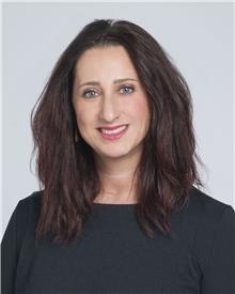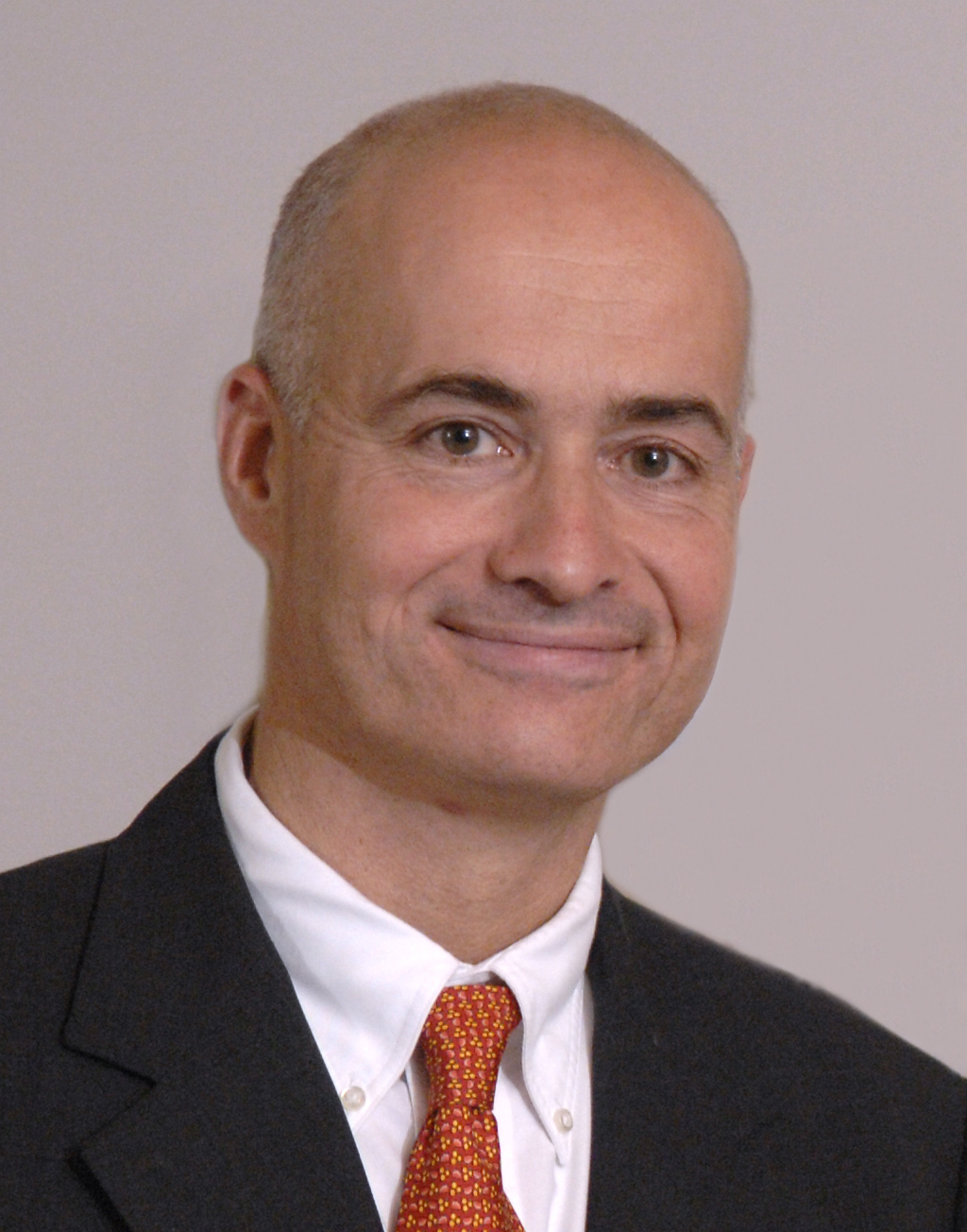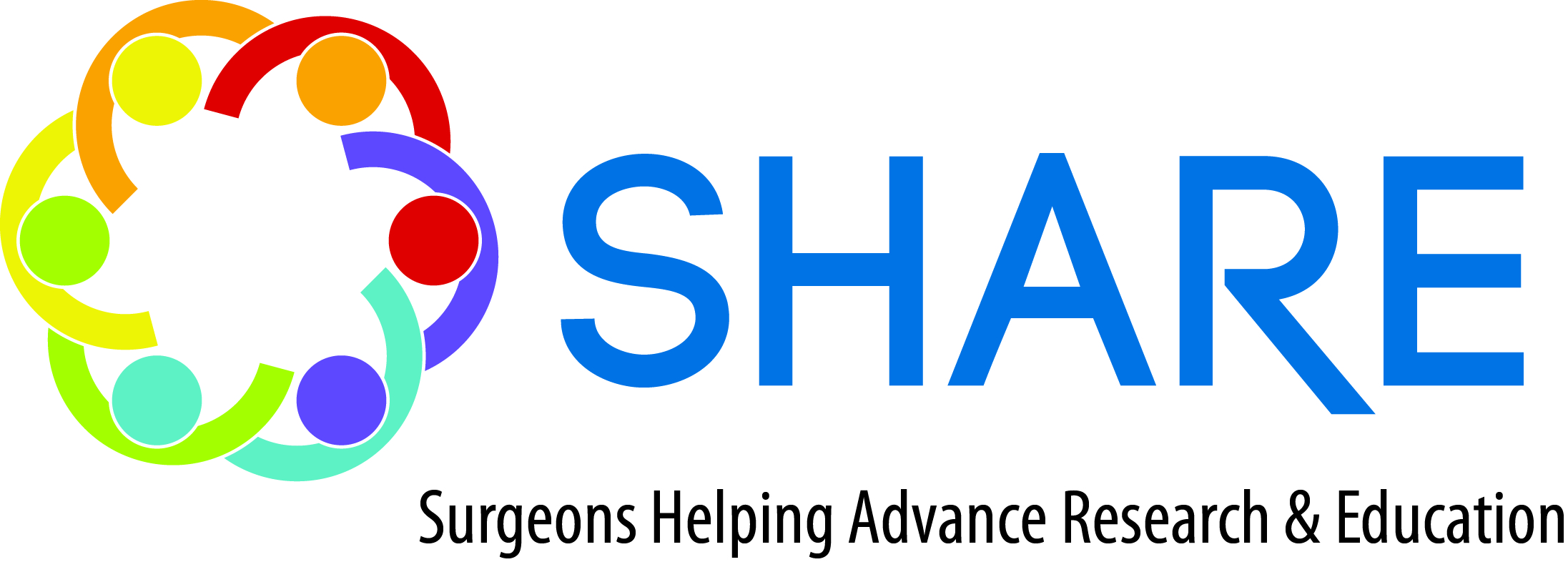- Home
- About
- Education
- Upcoming SGS Meetings
- Patient Resources
- Past Scientific Programs and Abstracts
- Past Social Media Committee Workshop Presentations
- 2023 Social Media Committee Workshop Presentation
- 2022 Social Media Committee Workshop Presentation
- 2021 Social Media Committee Workshop Presentation
- 2019 Social Media Committee Workshop Presentation
- 2018 Social Media Committee Workshop Presentations
- 2017 Social Media Committee Workshop Presentations
- 2016 Social Media Committee Workshop Presentations
- Simulation Advisory Service
- SGS Scalpel Sessions
- Video Library
- Webinars
- Research
- Membership
- Mentorship
- Donate
- Contact
- Events
|
|
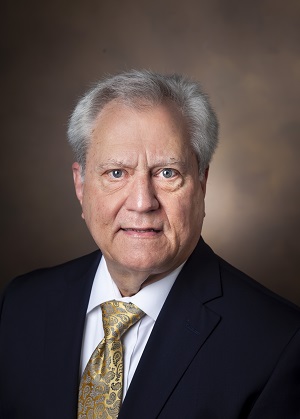 Carl Zimmerman, MD Moderator |
|
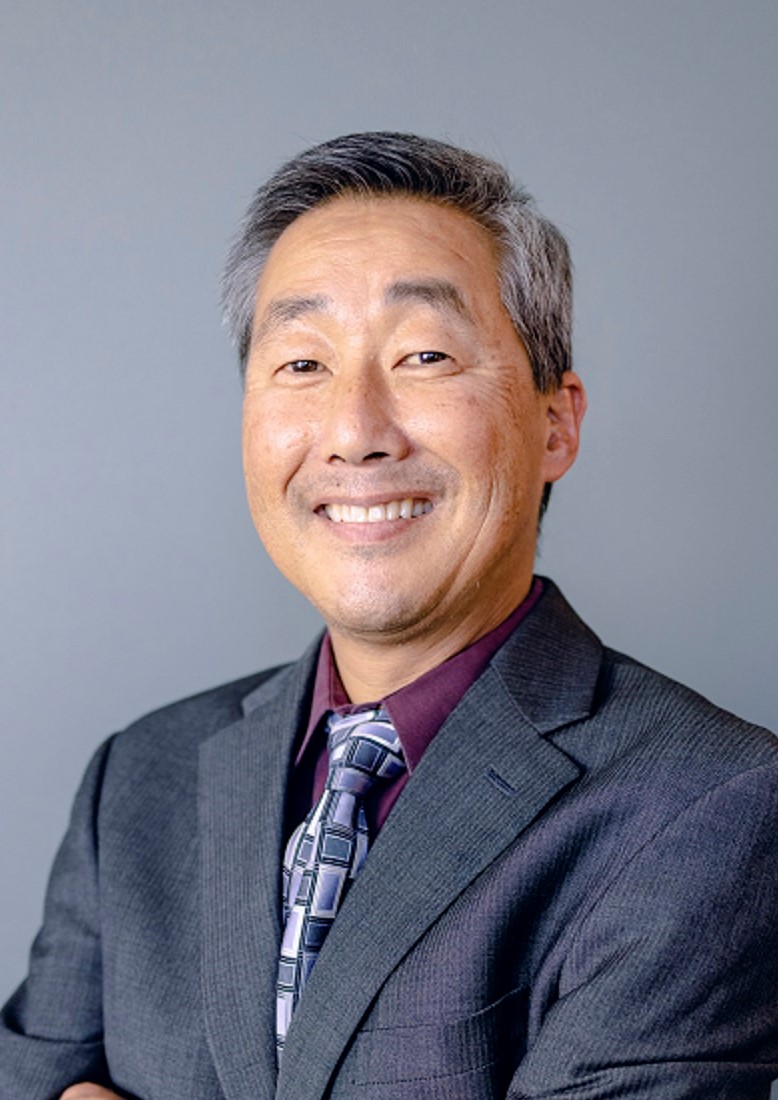 Doug Miyazaki, MD Panelist |
|
The body of knowledge that an OBGYN trainee is asked to master has grown exponentially to the point that it is not manageable. Specialization is a result. Case numbers are down, and fewer gynecologists are performing major cases. We are training people to perform surgery who will never use the skills. Society of Gynecologic Surgeons is uniquely positioned to bring the stakeholders together from within our membership. How can we promote evidence-based decision-making as related to the route of surgery, especially for hysterectomy? The separation of OB and GYN is always ripe for discussion. Do we need to realign the scope of the fellowships? Should we consider enhancing the Minimally Invasive Gynecologic Surgery training with a more comprehensive curriculum and, of course, with the least invasive approach, vaginal surgery, and create a “Benign Gynecology” fellowship? How does tracking play a role in the future? Is surgical simulation the answer? How should we ensure skills established during training do not go to waste after residency? What is the best strategy to maintain and even improve surgical skills after training? How are the decision-makers responding to these ideas? In this exciting panel, experts will present their experiences from a variety of different perspectives.
Panel Discussion: Operating Room Safety and Efficiency
Tuesday, March 29 | 12:25 PM - 1:10 PM CT
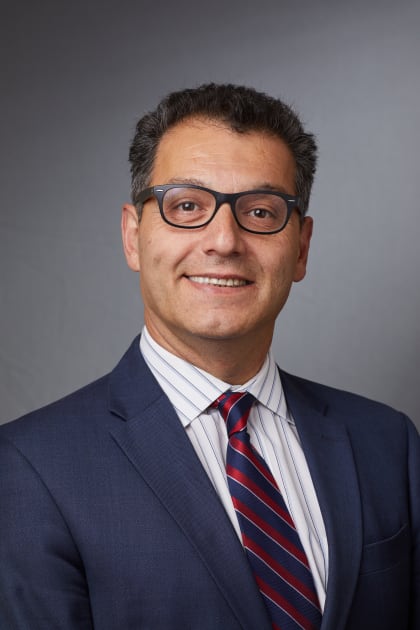 Oz Harmanli, MD Moderator |
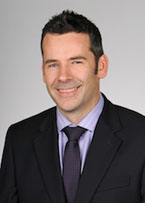 Kenneth Catchpole, PhD Panelist |
 Teodor Grantcharov, MD Panelist |
 Jason Wright, MD Panelist |
The focus of this panel is safety and efficiency in the operating room (OR). OR is a complex environment with ever-advancing technology. A successful surgery completed without complications in an optimal time depends not only on the surgeon’s experience, skills, and knowledge but also numerous other structural, human, and non-technical factors that the surgeon has no control on. As in any field dealing with human life, team dynamics and communication play a critical role in the OR. Research has indicated the benefits of forming dedicated teams, reducing handoffs, and innovative modalities which constantly and systematically monitor potential breakdowns and propose solutions for the detected problems. Finally, who should do your loved one’s hysterectomy? The panel will also attempt to answer this question with the accumulating evidence about the impact of surgeon’s volume on operative outcomes with an overall diminishing number of hysterectomies but an increasing number of approaches.
SGS Women's Council Presentation - (Ticketed Event) Live Only
Impact of Texas Legislation on the Physician/Patient Relationship
Sunday, March 27th - 8:30 PM - 10:00 PM CT
Panelists: Eve Espey, MD and Lauren Thaxton, MD
Delivering Family Care in Texas - Lauren Thaxton, MD
Impact on Training Programs/Learners, Patients, Providers Inside and Outside of Texas - Eve Espey, MD.











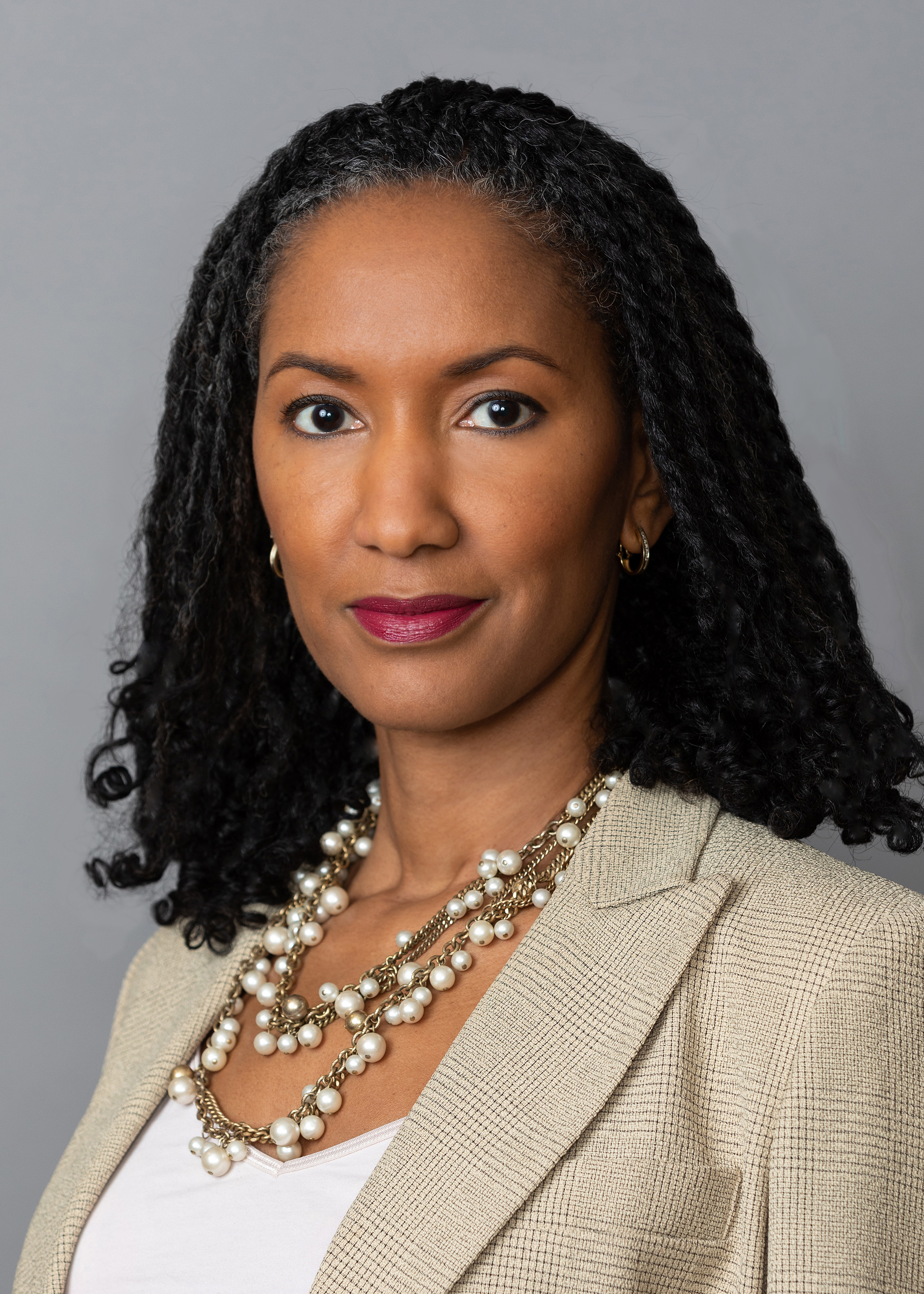
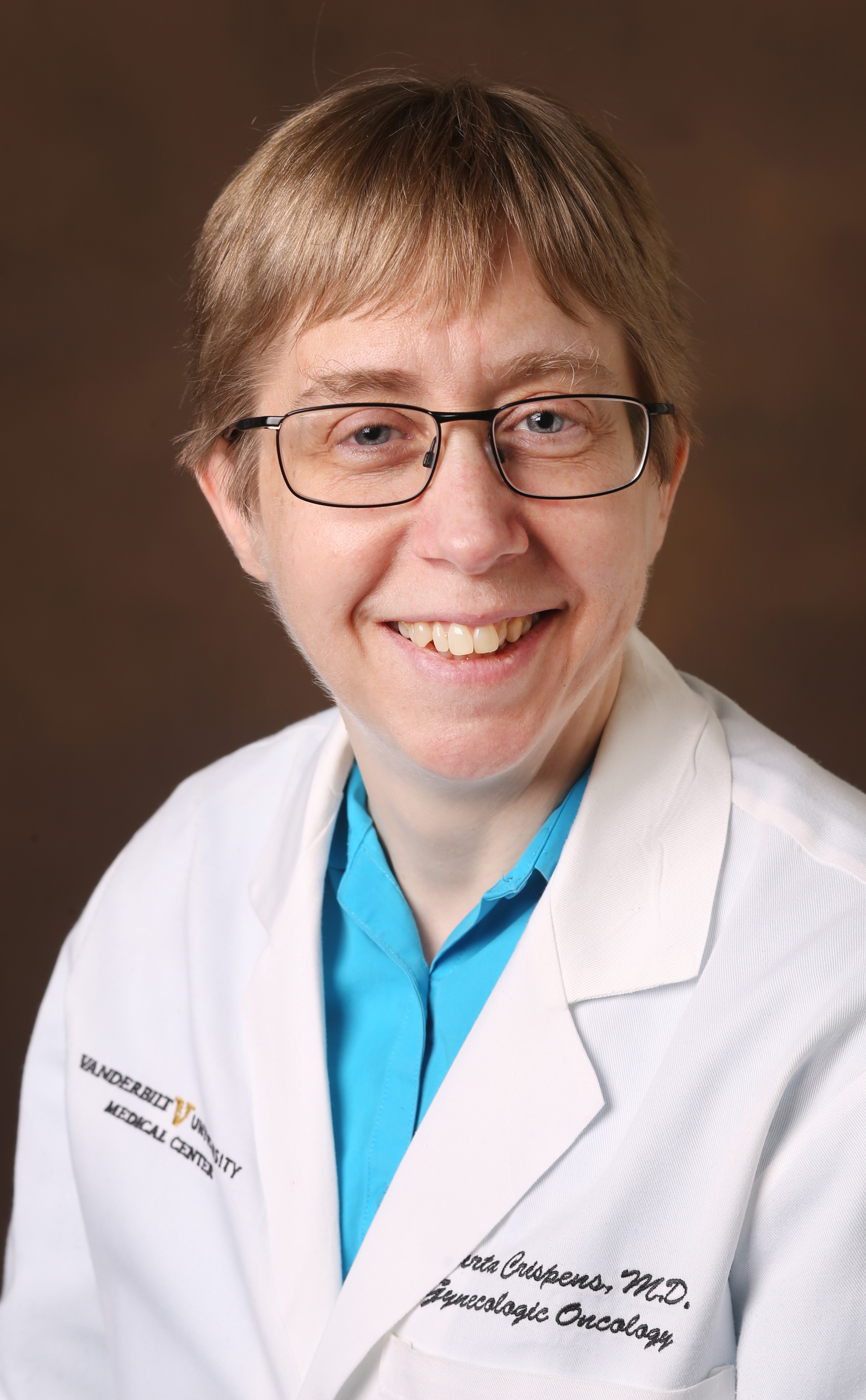 Marta A. Crispens, MD, MBA, is the Director and Professor of Gynecologic Oncology at Vanderbilt-Ingram Cancer Center. She has been at Vanderbilt for 18-years.
Marta A. Crispens, MD, MBA, is the Director and Professor of Gynecologic Oncology at Vanderbilt-Ingram Cancer Center. She has been at Vanderbilt for 18-years.